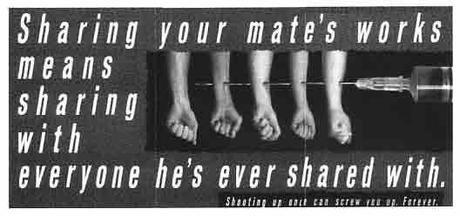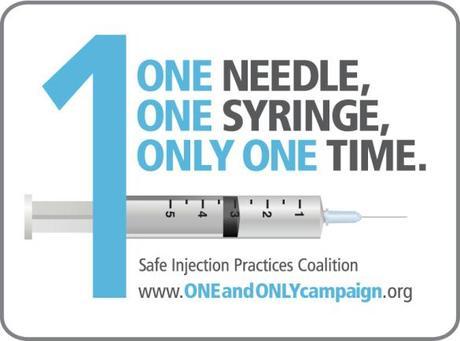In 2010, Cambodia was the recipient of the MDG Award for its phenomenal achievement in the control of HIV/AIDS. In 2014, it was in the eye of a storm over a massive outbreak of HIV infection in a small, remote village called Roka in the Battambang province, where as many as 14% of the residents of the village were feared to have been infected with the virus.
The WHO-WPRO report states:
The investigation into the origins of the HIV cluster includes a case and control study. The study showed that the percentage of people that reported receiving an injection or intravenous infusion as part of their health treatment was significantly higher among the people who tested positive of HIV than the people who were HIV negative. This difference is statistically significant. The study also looked at other risk factors for HIV, such as unprotected sex and injecting drug use, and found no significant differences between the two groups. Mother-to-child transmission was also found unlikely as most of the children and young people who tested HIV positive had an HIV negative mother.
It has been alleged (Reuters, Time) that unsafe injection practices of a local, unlicensed physician led to this devastating outcome. He allegedly admitted that he would use the same, unsterilized syringe several times before discarding it. This gross deviation from protocol probably had a serious role to play in the massive outbreak.

Cambodia has a strong HIV control program and has universalized the care of people living with HIV/AIDS and promoted the availability of antiretroviral therapy. This scaling up of the program was specially responsible for the success of bringing down the prevalence of HIV infection from 2% in 1998 to 0.8% in 2008, for which the MDG commendation was awarded in 2010. However, this single incident has probably dealt a massive blow to all the milestones reached by the program in the past decade. It may also raised serious concern about the training and awareness component of the program, which, if they had been strong enough, could have prevented such a tragedy.

Before ending, I think India can take some lessons from this outbreak. India has a large number of unlicensed physicians and quack practitioners, who are sometimes euphemistically referred to as Registered Medical Practitioners (RMPs – though in my mind, this term does a lot in promoting confusion in lieu of engendering political correctness). These RMPs play a major role in delivering healthcare services in remote and rural areas where licensed physicians are loathe to go. There has been a lot of support for the school of thought that has sought to retrain and register these practitioners and bring their practice under some sort of regulatory ambit without infringing on the right of the people to receive proper care. Personally speaking, considering that I have seen such practitioners have considerable role in providing some sort of healthcare service in otherwise impoverished and disenfranchised areas, even I am partial to the thought of bringing them under regulatory ambit after training them. In the Indian context, making such practitioners illegal will do nothing to solve the crisis and only worsen the situation by driving them underground or forcing them to adopt even shrewder levels of charlatanry.
With these issues in mind, India needs to mobilize the large number of unregulated, untrained and unlicensed physicians and bring them under the ambit of a local outreach health activist. The crucial part would be to train and hone their skills, some of which, admittedly, they have already developed through their association with the trade over time. While it sounds counter intuitive on the surface of it, I think that until and unless the crisis of having enough licensed doctors serving in rural and remote areas of India is solved (and it does not seem to be imminently solvable to me!), the best way out would be to embrace these practitioners as outreach activists and train them to avoid such Cambodia style disasters.
For all we know, right now, there might be a Roka-like outbreak in every state of the nation at the hands of untrained and unlicensed physicians. It is time to plan the work and work the plan!
